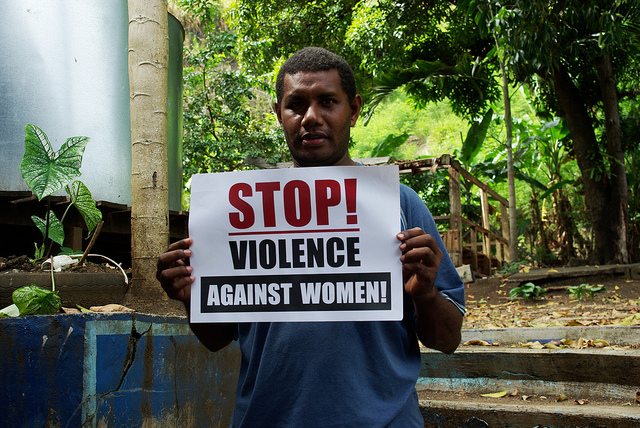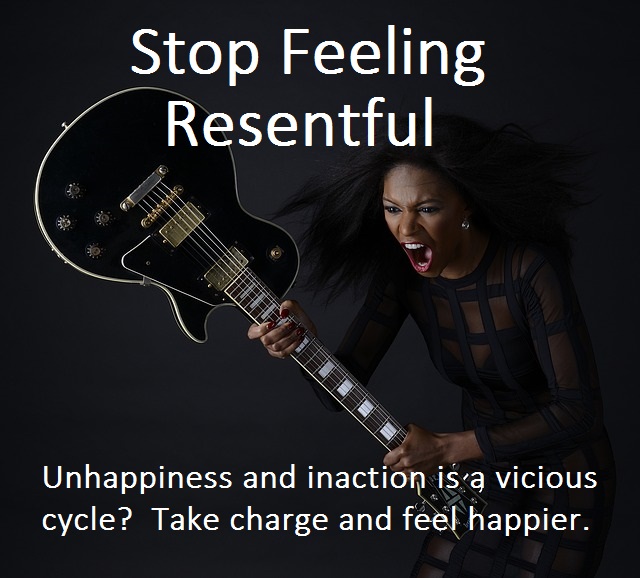Research on Stopping Domestic Violence

Costs of Domestic Violence
Stopping domestic violence is very important because of the scope of the problem and the resulting economic costs, especially health care related costs. The Centers for Disease Control and Prevention (CDC) was asked to conduct research about the frequency and occurrence of domestic violence related physical injuries.
http://www.cdc.gov/violenceprevention/pdf/IPVBook-a.pdf
In this domestic violence article, the CDC:
- Summarizes it's findings
- Estimates the number of occurrences of intimate partner violence (IPV) related injuries
- Estimates the costs of IPV to the U.S. health care system
- Recommends strategies for preventing domestic violence and its consequences
- Identifies future research needs, and
- Enumerates priorities that will help in the prevention of future domestic violence
Domestic Violence and Law Enforcement
The U.S. Department of Justice has take an extensive look at recent domestic violence statistics and research to determine the practical implications to law enforcement, prosecutors and judges at the local level.
http://www.ncjrs.gov/pdffiles1/nij/225722.pdf
In this study, the author of the report for the DOJ:
- Provides a detailed account of how widespread domestic violence has become
- Explains what leads up to a report and arrest for domestic violence
- Discusses the common characteristics of both perpetrators of domestic violence and victims
- Gives detailed account of how police, prosecutors, and judges should respond to domestic violence, and
- Outlines how and when intervention will work
So, what are the solutions?
First, we must reduce the stress in our society caused by substance abuse and poverty. Many people report economic reasons for staying with an abusive intimate partner even after realizing the cycle they are in. In fact, 74% of abused women have reported staying longer because of money.
Second, we must deal with the psychological problems that people face. Psychological problems cause victims to allow victimization, and these issues of the mind also cause people to be abusive to their partners. Stopping domestic violence will be impossible and helping victims will be only a temporary bandage without addressing these underlying problems.
Two Key Emotions:
1. Destructive Thought Processes:
This occurs where a "critical inner voice" is experienced by the abuser toward themselves and their partners. This can be exemplied by thoughts of being controlled, made fun of, dared to act, or being cheated on.
2. A Harmful Illusion of Connection
This occurs where there is a "fantasy bond" in which a partner is made responsible for your happiness, which causes a lack of personal responsibility. One's identify can merge with the other's and bring on a feeling of not being able to live without them, or a feeling of not being responsible for another person because they are an extension of one's self. This causes a desperation to "keep the other partner in line" and a dangerous lack of responsibility and accountability.
Third, we must examine and correct social attitudes toward men, including those attitudes that persist in an overly patriarchal society. Such societal attitudes place unwarranted pressure on men. These attitudes are ultimately destructive and can increase the instances of violence. Men should not experience shame for appearing weak or unmanly, as this can trigger rage or violent impulses.
What Works for Stopping Domestic Violence:
- Hitting the Pause Button
The Manalive Program in San Francisco has been successful in teaching men to recognize triggers and impulses and stop a the moment of stress to make better decisions.
- Being Proactive
Implement programs that help violent perpetrators to get the knowledge and help needed to escape their violent cycle. Be proactive in bringing these programs to the potential violator, rather than waiting for them to reach an explosive incident or be put in jail. Waiting will never work because so many victims wait far too long to report abuse.
- Fighting the Curse
Many abusers were once abused themselves. Frankly, they need a lot of love and help to break the generational curse that has be placed upon them. Others are hurting from fear or insecurity and also need great amounts of patience and love, while protecting others from their potential to be violent.
- Work Together
To be effective in stopping domestic violence, we must all work to raise awareness of those programs that do work and spread the word to communities and the people in them everywhere.
Return from this article on stopping domestic violence to get more domestic violence help...





